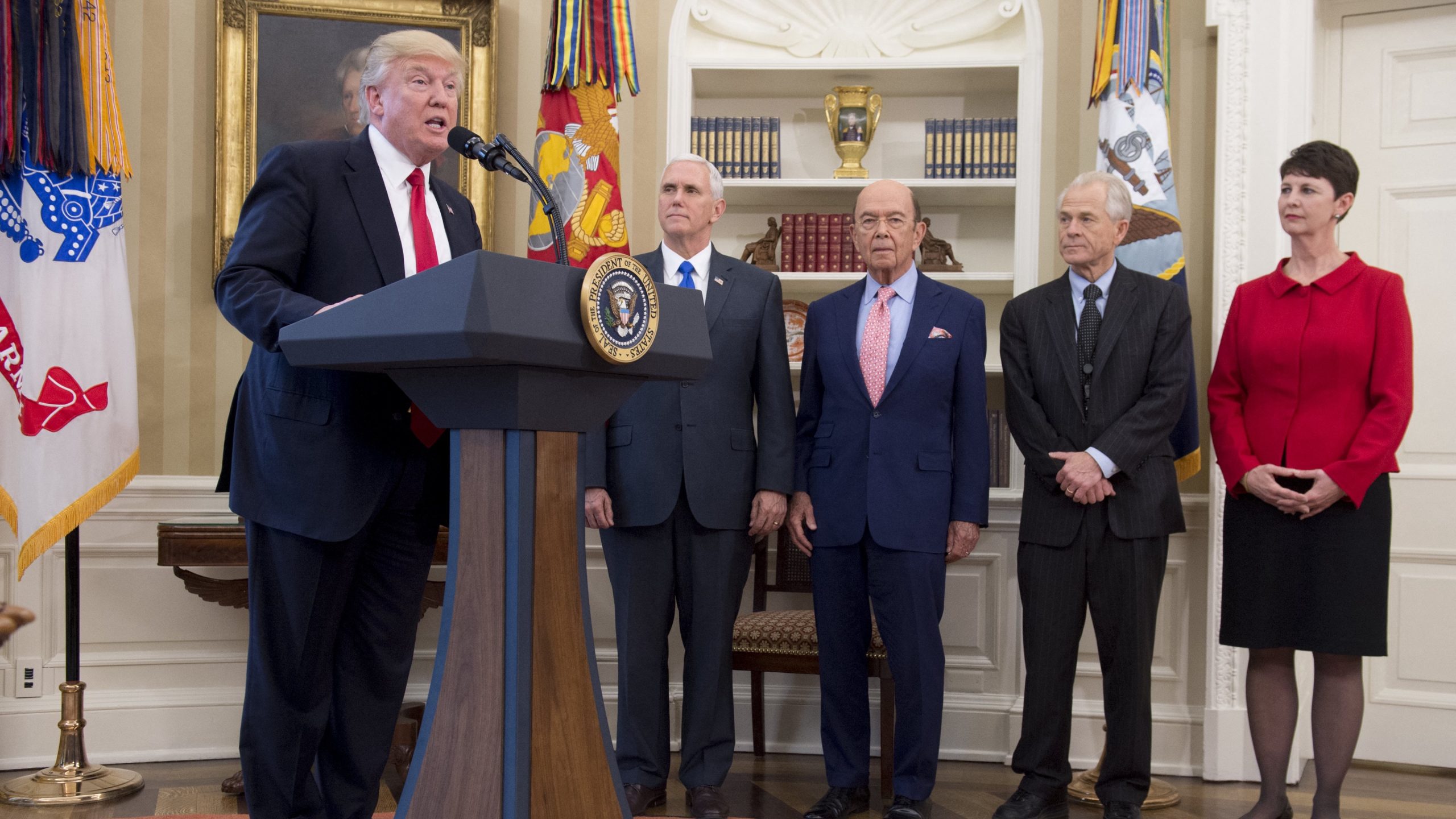US tariffs on Indian goods jumped to 50% on Wednesday. President Donald Trump moved to penalise New Delhi for buying Russian crude. The White House framed the step as pressure on a key revenue stream for Moscow’s war in Ukraine. The escalation strains US-India ties and could push New Delhi to deepen engagement with Beijing.
Exemptions—and More Probes—Still Loom
Despite the sweeping rate, several sectors remain exempt. Smartphones, pharmaceuticals, and computer chips sit outside the new levy for now. However, US investigations into those areas could trigger future duties. Steel, aluminum, and automobiles—already targeted by separate measures—also escape this round. US tariffs on Indian goods form part of a broader push since January. Some of the highest rates are now applied to a major trading partner.
Early pain for exporters
The United States was India’s top export destination in 2024, taking $87.3 billion in goods. Analysts warn that a 50% duty acts like a near-embargo, hitting smaller firms first. Exporters in textiles, seafood, and jewellery report cancelled US orders. They have lost business to rivals in Bangladesh and Vietnam, raising fears of job cuts.
India pushes back, touts self-reliance
New Delhi called the move “unfair, unjustified and unreasonable.” Prime Minister Narendra Modi pledged tax relief and renewed his self-reliance drive to blunt the shock. India’s foreign ministry noted it turned to Russian oil after other supplies shifted to Europe. Washington initially encouraged those purchases to stabilise global markets. Russian crude made up nearly 36% of India’s imports in 2024, helping keep domestic fuel prices steady.
Trust Deficit Widens
Trump adviser Peter Navarro said, “India doesn’t appear to want to recognize its role in the bloodshed.” He added that it is “cozying up to Xi Jinping.” Meanwhile, Asia Society Policy Institute’s Wendy Cutler warned that high rates have “quickly eroded trust.” Rebuilding trust could take years. US tariffs on Indian goods also sit within a wider tariff surge justified by US trade deficits. New duties hit partners from the EU to Indonesia. Brazil is seeing similar 50% rates this month, albeit with broad exemptions.






